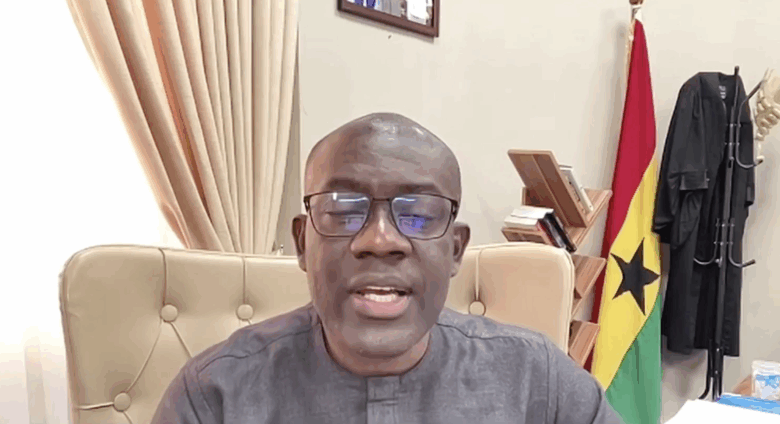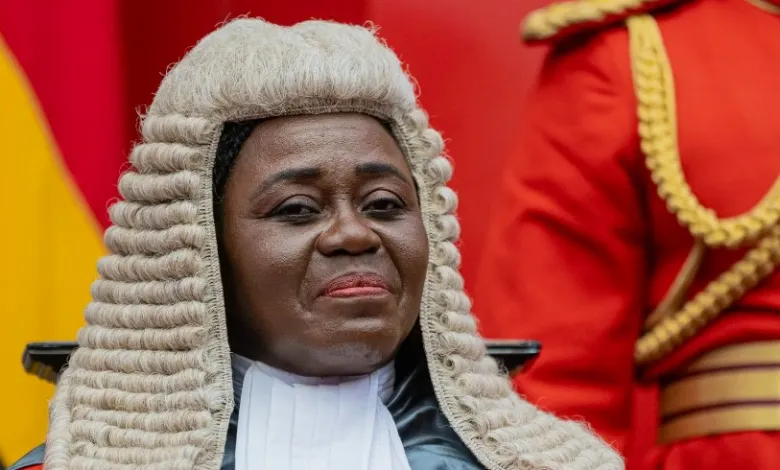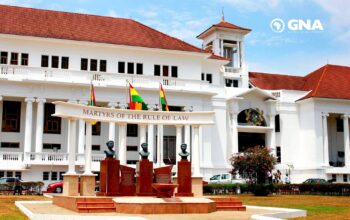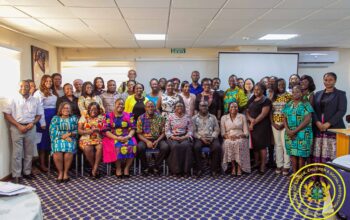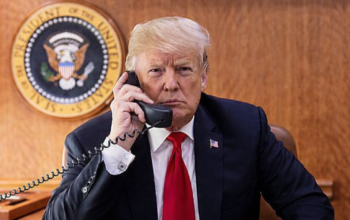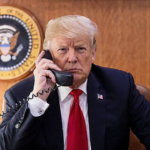Former Minister for Works and Housing and Ranking Member of Parliament’s Economy and Development Committee, Kojo Oppong Nkrumah, has expressed concern over the ongoing impeachment processes against Chief Justice Gertrude Torkornoo, warning that they could have lasting implications for Ghana’s democratic institutions.
The impeachment proceedings have drawn criticism from various quarters. Professor Stephen Adei, a former Rector of the Ghana Institute of Management and Public Administration (GIMPA), has cautioned that removing the Chief Justice could set a dangerous precedent and erode public trust in the judiciary. Similarly, former Chief Justice Sophia Akuffo has questioned the adequacy of the constitutional provisions for the impeachment of the Chief Justice, emphasizing the importance of due process.
In contrast, some legal experts argue that the constitutional process should be allowed to run its full course. Former Director of the Ghana School of Law, Kwaku Ansa-Asare, has stated that the President is obliged to suspend the Chief Justice once a prima facie case is established and a disciplinary committee is constituted under Article 146 of the 1992 Constitution.
The controversy surrounding the impeachment proceedings has intensified public debate about the independence of the judiciary and the potential for political interference in judicial matters. As the situation develops, it remains to be seen how it will impact Ghana’s democratic institutions and the public’s trust in the judiciary. On Thursday, 29 May 2025, former Minister for Works and Housing and Ranking Member of Parliament’s Economy and Development Committee, Kojo Oppong Nkrumah, cautioned that the ongoing impeachment processes against Chief Justice Gertrude Torkornoo could have lasting implications for Ghana’s democratic institutions.
Speaking on JoyNews’ AM Show, Mr. Oppong Nkrumah emphasized the need for careful consideration in such matters. He highlighted that the independence of the judiciary is a cornerstone of Ghana’s democracy and any actions that undermine this independence could erode public trust in the judicial system.
The impeachment proceedings against Chief Justice Torkornoo have sparked a national debate about the balance between accountability and the protection of judicial independence. While some legal experts argue that the constitutional process should be allowed to run its full course, others, like Professor Stephen Adei, caution that removing the Chief Justice without sufficient grounds could set a dangerous precedent and destabilize the nation’s democratic institutions. Former Minister for Works and Housing and Ranking Member of Parliament’s Economy and Development Committee, Kojo Oppong Nkrumah, has continued to sound the alarm over the potential long-term consequences of the impeachment process against Chief Justice Gertrude Torkornoo.
Speaking on JoyNews’ AM Show on Thursday, 29 May, he stressed the importance of careful consideration in handling such sensitive national issues. “Posterity will judge all those involved,” he remarked, highlighting the weight of responsibility on decision-makers and implying that history will scrutinize their actions in the context of preserving democratic institutions.
Adding to the growing chorus of concern, Frank Davies, Chairman of the Constitutional and Legal Committee of the New Patriotic Party (NPP), has warned that the current developments could jeopardize the independence of the judiciary—a fundamental pillar of Ghana’s democracy. Davies noted that the direction of the impeachment proceedings against Chief Justice Torkornoo presents a serious risk to the separation of powers and the integrity of judicial processes in the country.
These remarks reflect mounting tension over the implications of the impeachment process, with critics urging due process, constitutional integrity, and protection from political interference, while others defend the proceedings as part of Ghana’s legal accountability mechanisms. As the situation unfolds, it continues to draw widespread national attention, with significant potential ramifications for judicial independence and democratic governance in Ghana.
On Wednesday, May 28, 2025, Frank Davies, Chairman of the New Patriotic Party’s (NPP) Constitutional and Legal Committee, expressed deep concern over the Supreme Court’s unanimous decision to strike out a supplementary affidavit filed by Chief Justice Gertrude Torkornoo in response to a petition before a committee.
Speaking on Joy News’ PM Express, Mr. Davies admitted he had not yet reviewed the full ruling but emphasized that the broader implications were troubling. He cautioned that such developments could undermine the independence of the judiciary, a cornerstone of Ghana’s democracy.
This decision adds to the ongoing controversy surrounding Chief Justice Torkornoo’s suspension by President John Mahama on April 22, 2025. The suspension, based on three undisclosed petitions, has sparked widespread criticism, particularly from the opposition NPP, which views the move as politically motivated and unconstitutional.
